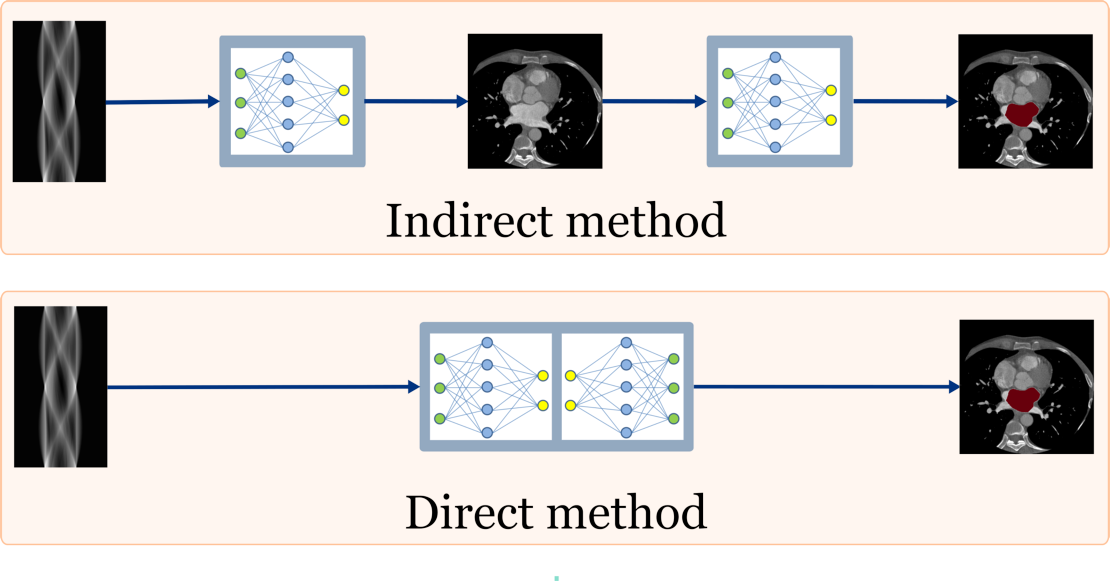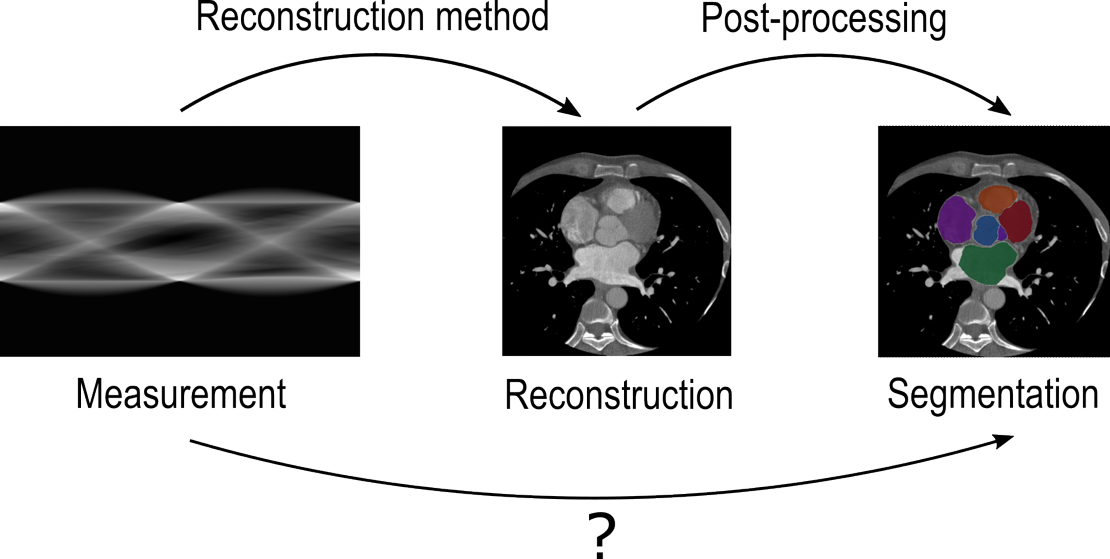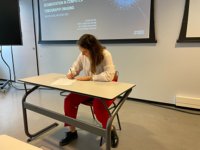Studying Applied Mathematics is not always easy, but it is incredibly fascinating!
Interview with Mariya Karlashchuk by Diana Dalenoord
After secondary school, I still didn't know exactly what I wanted; I was in doubt between languages and mathematics. After a student for a day in Applied Mathematics at UT, I knew it: 'I'm going to study Applied Mathematics!' Studying at a university was a totally new experience. Of course, the way of absorbing knowledge is a world of difference, but also the fact that while I was one of the best in my class at secondary school, I was now an 'ordinary' student. I was somewhat insecure and found the first two years of the Bachelor's quite tough. I was supported in this by the Bachelor coordinator Brigit Geveling and the study advisor Lilian Spijker. Partly because of their advice, I am now an MSc Applied Mathematics graduate. So, although I found it quite tough, I enjoyed everything UT and AM offered me. I enjoyed the differences between secondary school and UT and the people I was exposed to. I soon learned to stand on my own two feet and changed into the person in who I am today. Unlike VWO, here at UT, I was able to get everything out of myself, and I liked that.
Minor ‘Leren Lesgeven’
In the third year, it was time to choose a minor which was not necessarily related to Applied Mathematics. I chose the minor ‘Leren Lesgeven’ and found myself in a completely different world, doing an internship at a secondary school. Although I found it an exhausting minor because you have to deal with classroom management, I found it very interesting. I liked the younger classes the most, I got to bond especially with the first graders and also taught a third-grade class with adolescent youngsters, which was really tough. Due to an additional year in my master’s programme and the preference for younger classes, I did not choose the master’s in Science Education & Communication later on, which is focused on the older classes at secondary school. It was a cool time, I learned to give myself to the students, to be focused in class, to teach the youngsters mathematics and keeping them in check. It was quite a task, but it was extremely rewarding.
Looking for exoplanets
After the minor, I started my Bachelor’s thesis which involved finding exoplanets. These are planets orbiting a star other than the sun. They were first discovered in the 1990s and more and more exoplanets have been discovered since then. It is difficult to find these exoplanets because they are very weak light sources, do not emit light themselves and are often irradiated by stars. The task appeared to be quite challenging, but its statistical background made me very curious. And so I started the assignment under the guidance of Katharina Proksch (EEMCS-MOR). The thesis involved statistical hypothesis testing, for which I needed to dive deeper in the statistical and probability theory and state everything correctly and clearly as in a practical experiment. After testing my hypotheses on a statistical model, I could eventually locate exoplanets in my data!"
Even more mathematics
Because I still hadn't had enough of mathematics, I decided to do the Master's in Applied Mathematics as well. I chose the (then) new specialisation 'Mathematics of Data Science'. I discovered new developments within statistics, which had always interested me, mainly in machine and deep learning. I really felt at home here because I was always fascinated by the analysis of big datasets and the application of mathematical models on them, such as weather analyses and finding the shortest routes on Google Maps.
After following many interesting courses in the data science track I could finally put all my energy and enthusiasm into my internship.at TNO. I worked on predicting tracks of objects that can be detected by radars. Such an object could be an unknown aircraft flying in a specific orbit. Using machine learning, you can figure out how fast it is flying, where it is flying to and what movements the plane is making. By combining all this data, I could predict what the path would be of an approaching drone. These kinds of predictions are carried out by the Defence, Safety & Security Department.
From black and white to full colour
During my graduation project, I worked on a method of how to look at CT data created by scans. For example, you can look at the different parts of the heart and whether everything is in the right place as you would expect. Currently, specialists use black-and-white reconstructions, and they indicate what is where, this causes a loss of information which you want to avoid. You want to see all the specific things to determine if there are any abnormalities, so you want to be able to look for any diseases quickly. We can improve this method through deep learning, which takes you from the data straight to the detection of illnesses, without having to make a reconstruction first.

The sinusoidal waves indicate the intensity of X-rays (which pass through the patient) that allows us to determine what we are looking at exactly. For example, lighter colours indicate bones, whereas darker parts indicate lungs. You can reconstruct these waves in a regular CT image, where you can locate parts of the heart, this is called segmentation. My method skips the reconstruction and goes straight to segmentation, which I indicate with a certain colour. This way, you lose less information. If the specialist still needs more background information, he can always request the reconstruction. I found this enormously fascinating because I was working on a medical application that has an impact on society and can make the world a little better.

Defending my graduation research
 And then it was already time to graduate. I was quite nervous beforehand. But fortunately, my parents, brother and boyfriend - as a safe beacon - were present, which provided peace of mind. Everything was ready in the room, people trickled in and before I knew it, the room was full of interested people. At the first slide, I had to get into it, but then it went like clockwork and felt like an expert was speaking, unreal really. After my presentation, I was quizzed on some pretty difficult questions, but fortunately, I was able to answer everything satisfactorily. Graduating is really a special experience, it feels like being in a movie, but after signing your diploma you know for sure: This was REAL!
And then it was already time to graduate. I was quite nervous beforehand. But fortunately, my parents, brother and boyfriend - as a safe beacon - were present, which provided peace of mind. Everything was ready in the room, people trickled in and before I knew it, the room was full of interested people. At the first slide, I had to get into it, but then it went like clockwork and felt like an expert was speaking, unreal really. After my presentation, I was quizzed on some pretty difficult questions, but fortunately, I was able to answer everything satisfactorily. Graduating is really a special experience, it feels like being in a movie, but after signing your diploma you know for sure: This was REAL!
New Challenge
After enjoying lots of free time after my graduation, it was time to start thinking about what I wanted to do now. Applications to companies were sent and after some referrals from my friends, I found a job! I will start working at Agentschap Telecom as Data Scientist, which will definitely be a new exciting challenge to look forward to!
